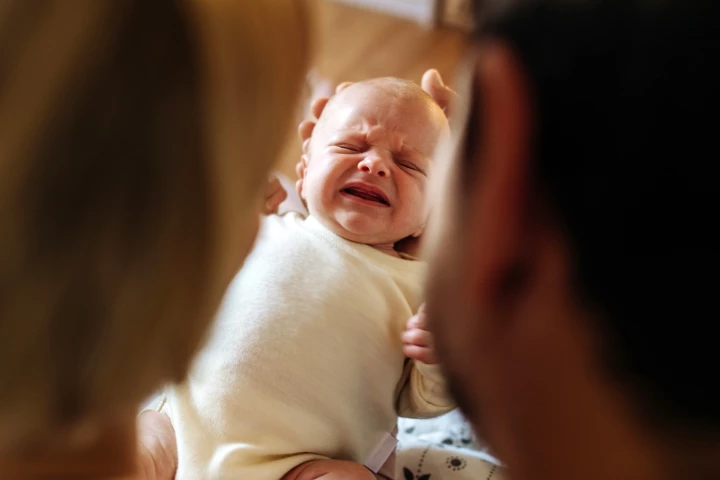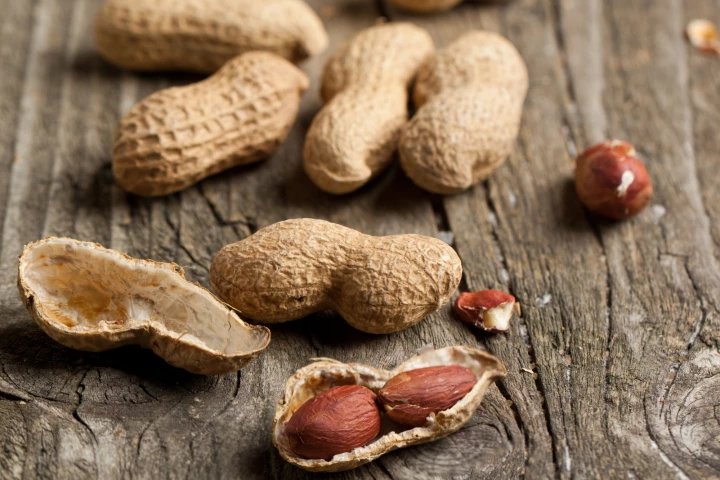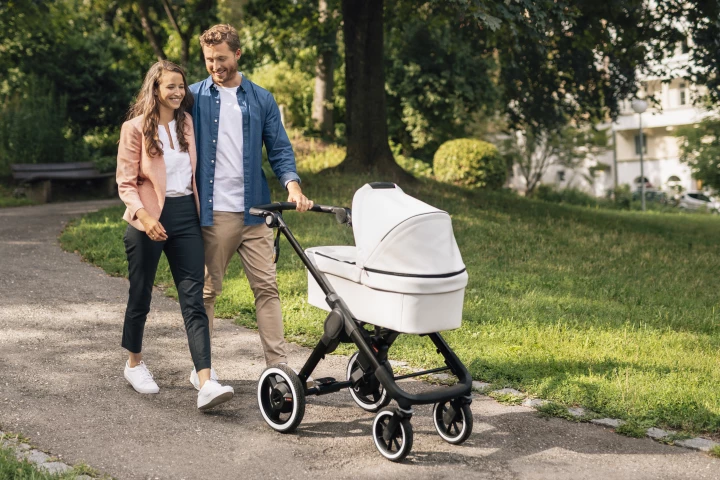Parenting
-
This might just be the best phone I've seen for young children. It brings all the simplicity and ease of use of a walkie-talkie, and entirely skips the bothers of apps and screens. Oh, and it's got GPS too.
-
When parents sit too much, their kids tend to follow suit. But if parents keep active, children don’t mirror the same sedentary habits, a new study has shown. It highlights the power of parents as role models for healthier lifestyles.
-
A new study has cast doubt on the idea that women are biologically wired to wake more to a crying baby than men. It suggests that the significant disparity in nighttime care is due to social, rather than biological, factors.
-
A type 1 diabetic dad is 1.8 times more likely to pass the condition on to his kids than a type 1 diabetic mom, who, research suggests, confers long-term protection against it. The findings open the door to developing new ways of preventing type 1 diabetes.
-
Advanced personal AI assistants will soon be the main way people access the internet – and this offers some amazing opportunities in areas like parental web controls. Angel AI presents a totally new way to shepherd kids in their early days online.
-
Postnatal depression is a well-known condition affecting women. Now, a new study has found that men with a history of being prescribed antidepressants are significantly more likely to require antidepressants in the first year after having a child.
-
Sudden infant death syndrome (SIDS) is one of leading causes of infant death and a team of researchers in Australia have now identified the first blood biomarker linked to brain arousal that could potentially be used to identify infants most at risk.
-
An intriguing new study has found a chemical excreted by babies can influence aggression in humans. The findings reveal curious sex-specific responses to the chemical, triggering aggression in women but blocking aggression in men.
-
A proof-of-concept study is suggesting epigenetic biomarkers in a father's sperm can predict how susceptible their offspring will be to developing ASD. The research is still in preliminary stages requiring further investigation in larger cohorts.
-
A comprehensive study from the UK has found that introducing children to certain foods at an early age is associated with a lower risk of developing allergies – and the correlation is clear even when subjects didn’t stick strictly to the regime.
-
Bosch is aiming to give parents some electric assistance with its smart e-stroller system.
-
"Little Thunder," as I call her, has been obsessed with Mario since Super Mario Odyssey appeared. But the launch of Super Mario Maker 2 has elevated our screen time from mere fun to something rather special.











